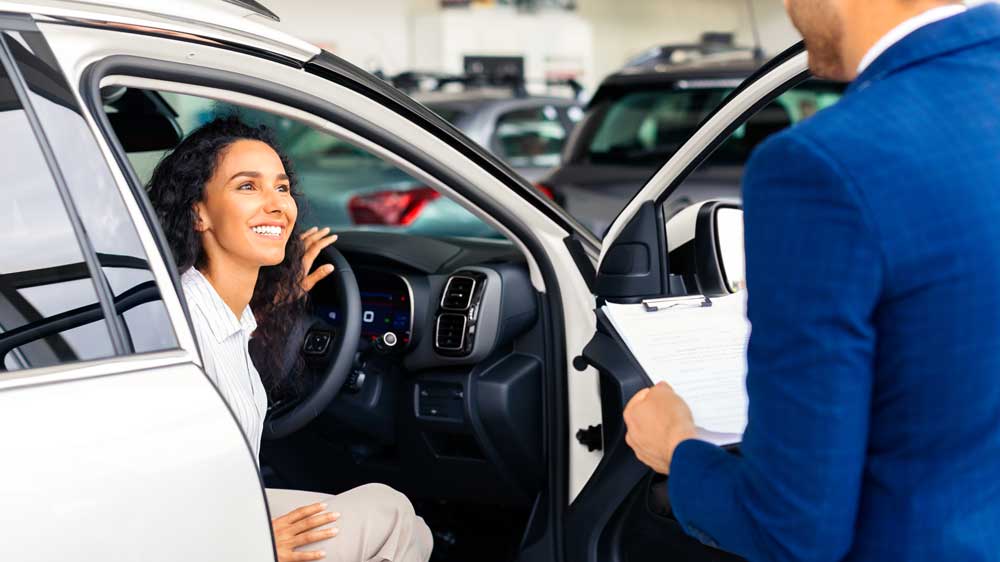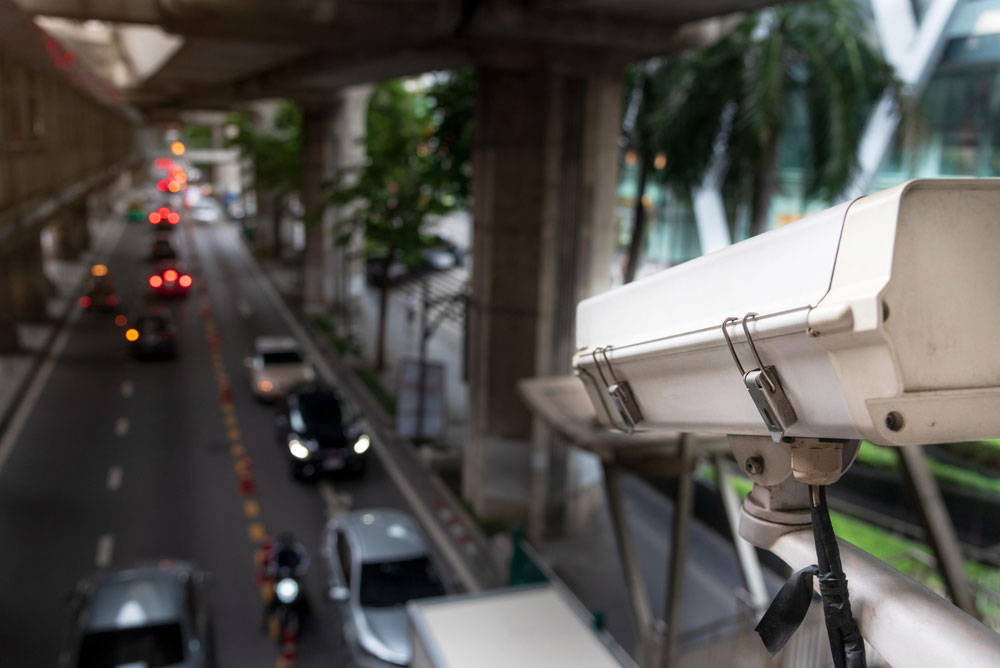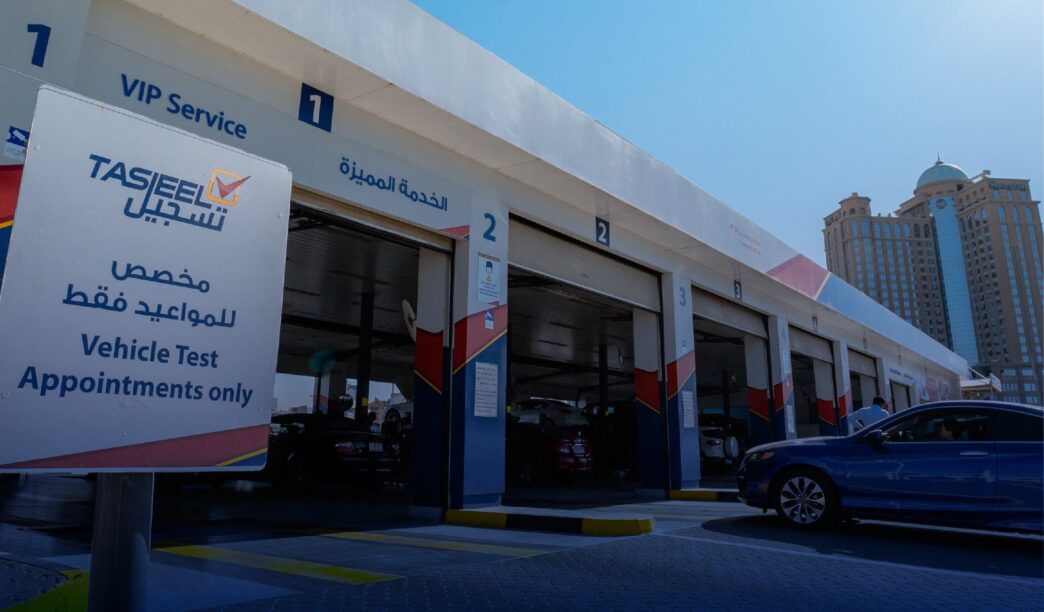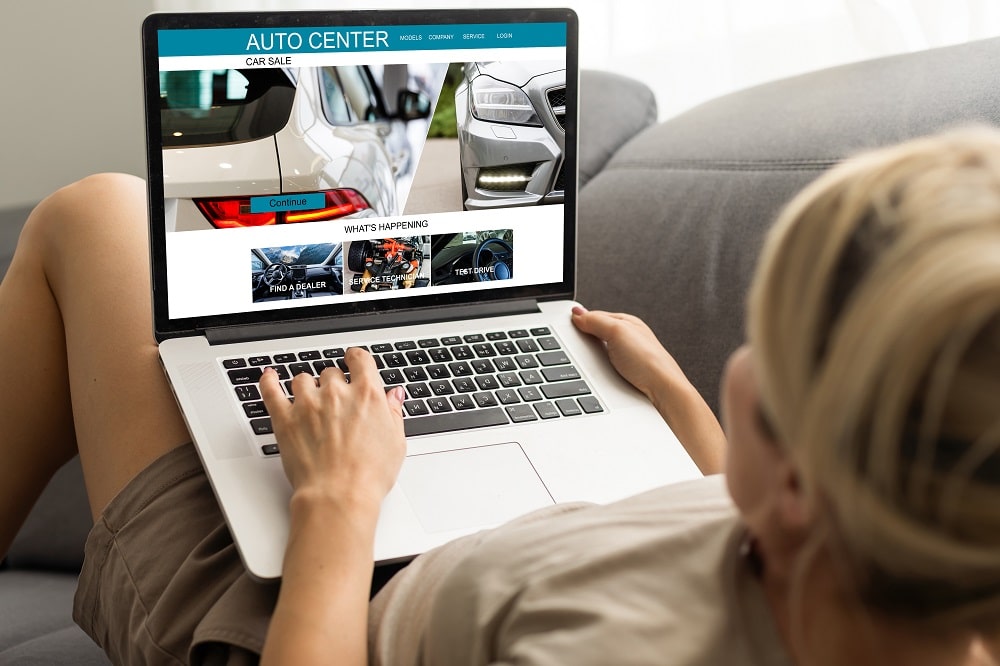I’ve learned some things that honestly surprised me. Let me share what I wish someone had told me when I first started looking into automotive valuation services. Whether your selling your car, buying a used one, or just curious about what your vehicle is worth, theres a whole world of valuation tools and services that I had NO idea existed until I needed them.
My Unexpected Introduction to Automotive Valuation Services
Last September, I found myself in a bit of a pickle. My trusty 2018 Honda Civic had been sideswiped in a parking lot while I was grabbing coffee. The damage wasn’t catastrophic, but it definitely wasn’t just a scratch either. When the insurance adjuster came to assess the damage, he started throwing around terms like “diminished value claim” and “pre-accident market value” that made my head spin.
That’s when I realized I needed to educate myself FAST about how cars are valued. I couldn’t just take whatever number the insurance company gave me (spoiler alert: their first offer was wayyyy too low).
I spent the next few weeks diving deep into the world of automotive valuation services, and ngl, it changed how I think about cars as assets. I’m sharing what I learned so you don’t have to learn the hard way like I did!
The Big Players in Automotive Valuation Services (And How They REALLY Work)
When most people think about finding out what their car is worth, they probably think of Kelley Blue Book (KBB). I know I did. But I quickly discovered theres so much more to the automotive valuation landscape.
Kelley Blue Book: The OG Valuation Service
KBB has been around since 1926 (crazy right??) and has basically become synonymous with car values. I started my research here, entering all my car details:
- 2018 Honda Civic EX
- 42,500 miles
- No prior accidents
- All factory options
- Excellant condition (ok maybe I exaggerated a bit lol)
The value KBB gave me was about $16,700 for a private party sale. But heres something I learned – KBB tends to be a bit conservative compared to actual market prices in my area (Seattle). When I checked local listings for similar cars, they were going for closer to $18,000!
NADA Guides: The Dealer’s Choice
Next, I tried NADA (National Automobile Dealers Association) Guides. Dealers often prefer NADA because it typically gives HIGHER values than KBB, which helps them when negotiating with customers. For my Honda, NADA valued it at around $17,900.
The difference comes from how they calculate values. NADA puts more emphasis on replacement cost, while KBB focuses more on actual selling prices. Neither is wrong – they’re just different approaches to automotive valuation services!
Edmunds: The Consumer-Friendly Option
The Edmunds True Market Value (TMV) tool gave me yet another figure: about $17,200. What I appreciated about Edmunds was the transparency – they showed me the breakdown of how local market conditions were affecting my cars value. Seattle apparently has higher values for fuel-efficient vehicles compared to the national average (makes sense with our gas prices tbh).
Black Book: The Industry Secret
This one was harder to access as a regular consumer! Black Book is primarily used by dealers and industry professionals. I managed to get a Black Book valuation through a friend who works at a dealership, and it was the lowest at $16,300.
I learned that Black Book is updated WEEKLY and tends to be more pessimistic because it’s based heavily on auction prices. Dealers love it because it gives them ammunition to offer lower trade-in values.
My First Big Mistake Using Automotive Valuation Services
Here’s where I messed up (and where you can learn from my error). I initially took these valuations at face value without understanding the context.
When the insurance company offered me $14,800 for my car’s pre-accident value, I was ready to accept it because it seemed “close enough” to the KBB value after subtracting some for the mileage and condition.
THANK GOODNESS I decided to consult with an independent appraiser first!
The Reality of Professional Automotive Valuation Services
I spent $175 to hire an independent appraiser (shout out to Seattle Auto Appraisers – they were amazing). This was possibly the best money I’ve ever spent. The appraiser did something none of the online tools could do:
- Physically inspected my vehicle
- Took detailed photos of all features and condition
- Researched 12 ACTUAL comparable vehicles for sale within 75 miles
- Created a comprehensive report showing why my car was worth $18,200 pre-accident
Armed with this professional valuation, I went back to the insurance company. After some back and forth (and sharing the appraisal report), they increased their offer to $17,750 – nearly $3,000 more than their initial offer!
This experience taught me that while online automotive valuation services are good starting points, they dont always capture the full picture or local market nuances.
Case Study: How Different Automotive Valuation Services Handled My Friend’s Rare Vehicle
My success with professional valuation inspired my friend Marcus to try the same approach with his 2007 Subaru Forester STI (a rare Japanese import). His case was even more dramatic:
| Valuation Service | Estimate |
|---|---|
| Kelley Blue Book | $8,200 |
| NADA Guides | $7,800 |
| Edmunds | No value (couldn’t process the imported vehicle) |
| Professional Appraiser | $19,500 |
The difference was SHOCKING! The online tools simply couldn’t account for the rarity and cult following of his specific model. The professional appraiser, however, knew the market for Japanese imports and provided documentation of comparable sales.
Beyond Basic Valuations: Specialized Automotive Valuation Services I Discovered
As I continued my research, I discovered some specialized valuation services that serve specific niches:
Hagerty for Classic and Collector Cars
My uncle has a 1969 Chevrolet Camaro SS, and regular valuation tools are useless for it. Hagerty specializes in classic, collector, and exotic cars. Their valuations consider factors that mainstream tools don’t, like:
- Historical significance
- Rarity of specific option combinations
- Originality of parts
- Quality of restoration
- Documentation and provenance
Carfax History-Based Value
I was surprised to learn that Carfax doesn’t just provide vehicle history reports – they also offer valuations that take that history into account. Their tool adjusted my car’s value based on:
- The regular maintenance records I’d kept
- The fact I was the second owner
- The car had lived its whole life in the Pacific Northwest (less sun damage and no road salt!)
Diminished Value Calculators
After my accident, I discovered specialized calculators that estimate how much value a car loses simply because it’s been in an accident, even after perfect repairs. I used AutoLoss.com’s calculator, which suggested my car would lose about 17% of its value due to the accident history.
I was able to file a successful diminished value claim with the other driver’s insurance for $2,900! This is something most people dont even know they can do (I sure didn’t before this happened).
How I Now Use Automotive Valuation Services as Negotiation Tools
One of the most valuable lessons I learned is how to strategically use different valuation services when buying or selling cars:
When I’m SELLING:
- I reference NADA and Edmunds values (typically higher)
- I highlight local market factors that might increase value
- I bring printouts of comparable vehicles with HIGHER prices
- I emphasize my vehicle’s specific options and condition
When I’m BUYING:
- I start with Black Book or wholesale values as reference points
- I point out specific condition issues that might lower value
- I bring examples of similar vehicles listed for LOWER prices
- I discuss how long those lower-priced vehicles have been on the market
This strategy helped me negotiate a great deal on my new (to me) car – a 2020 Mazda CX-5 that I got for $1,200 below the average KBB value!
The Future of Automotive Valuation Services (As of March 2025)
The automotive valuation landscape is evolving RAPIDLY. Some trends I’m watching:
- AI-powered valuation tools that use computer vision to assess vehicle condition from photos (I beta-tested one called AutoValue AI that was surprisingly accurate)
- Blockchain-based vehicle history platforms that create more transparent valuation data
- Real-time market adjustment tools that track listing and sale prices hourly instead of weekly or monthly
- Integration of valuation tools with social platforms, allowing for instant community feedback on pricing
One startup that caught my eye is ValueLens, which launched in January 2025. They use augmented reality to let you scan any car with your phone and get an instant valuation based on its visible condition. I’ve tried it on a few cars in parking lots, and while it’s not perfect yet, the technology is INCREDIBLE.
How To Choose the Right Automotive Valuation Service for YOUR Specific Situation
Based on everything I’ve learned, here’s my advice on which service to use depending on your situation:
- For trade-ins: Use NADA and Edmunds to establish a reasonable range, then be prepared to show these to the dealer when they low-ball you (which they always do lol)
- For private party sales: Combine KBB with local marketplace listings to set a competitive price
- For insurance claims: ALWAYS get an independent appraisal for claims over $10,000
- For exotic or collector cars: Skip the mainstream tools entirely and go straight to specialized services like Hagerty
- For diminished value claims: Use a specialized calculator AND get a professional appraisal to support your claim
Conclusion: What I Wish I’d Known From the Beginning
Looking back, I wish I’d understood that automotive valuation isn’t an exact science – it’s more of an art that combines data, local market knowledge, and negotiation skills.
The most important lessons I’ve learned:
- Never rely on just one valuation source
- Understand who each valuation service is really designed to serve
- Local market conditions can significantly impact values
- Professional appraisals are worth every penny for important transactions
- Your car’s specific history and condition matter more than generic valuations
If your about to buy, sell, or deal with an insurance claim, take the time to understand how automotive valuation services work. The knowledge could literally put thousands of dollars in your pocket – it did for me!
P.S. This info is from march 2025 but tbh things change fast in automotive valuation services so double check everything! And if ur reading this later… hope things have gotten even better lol











